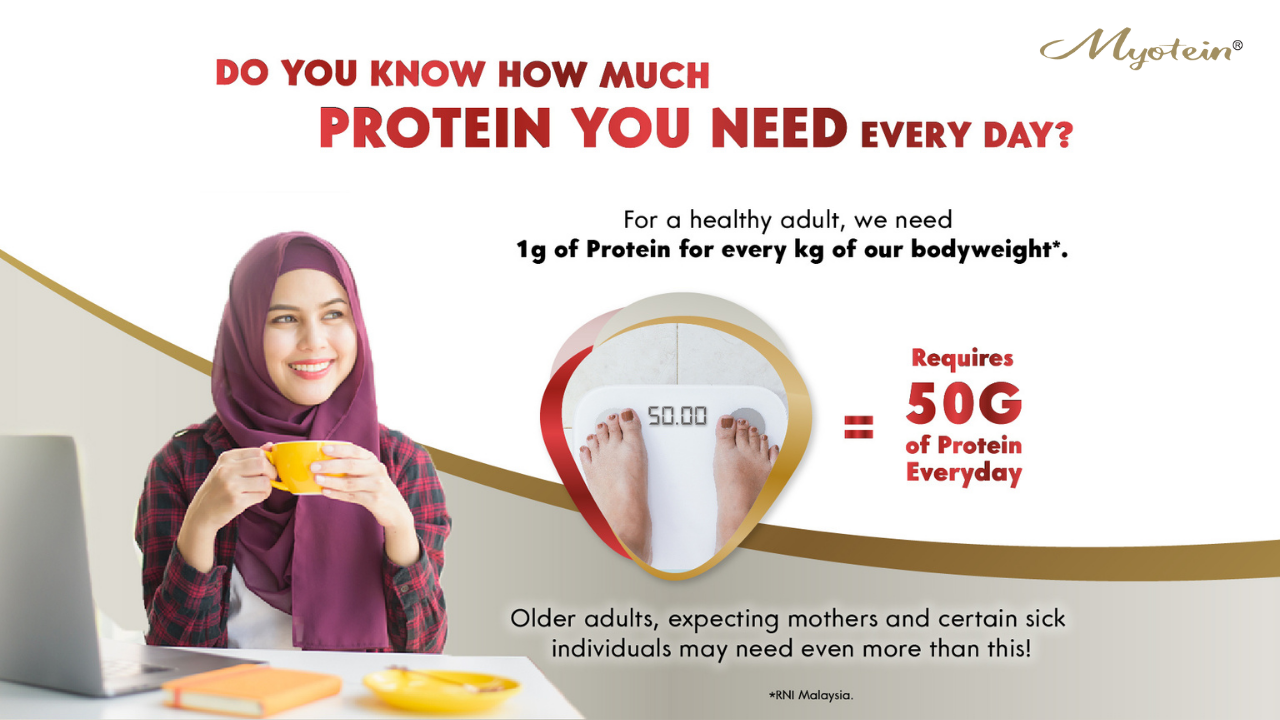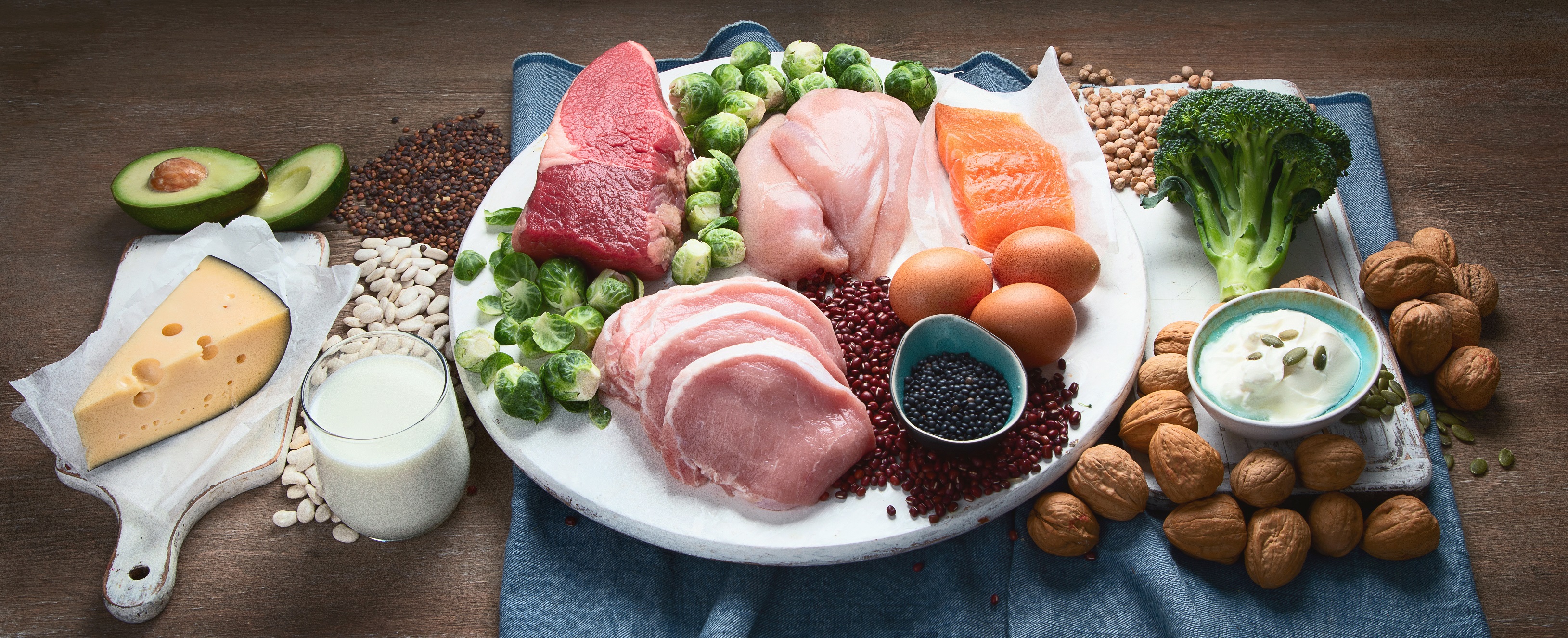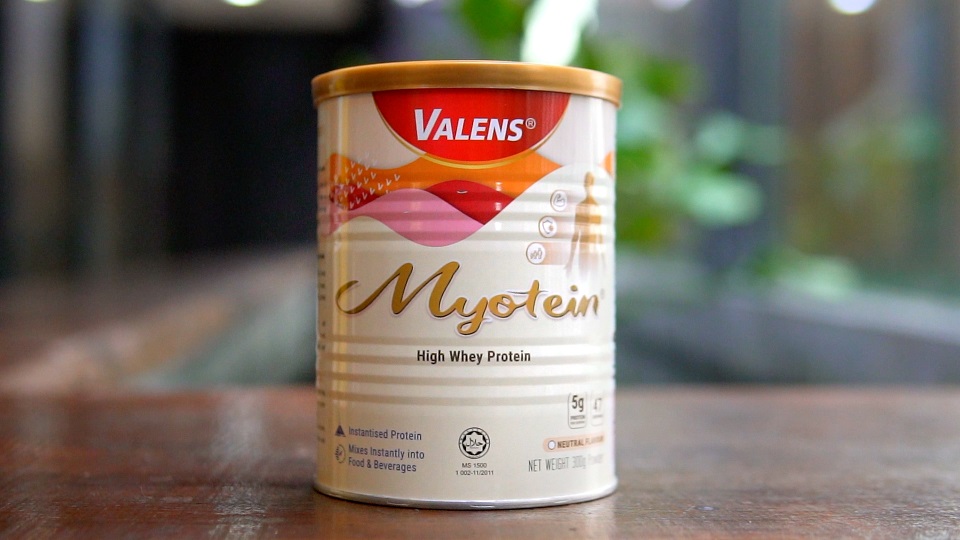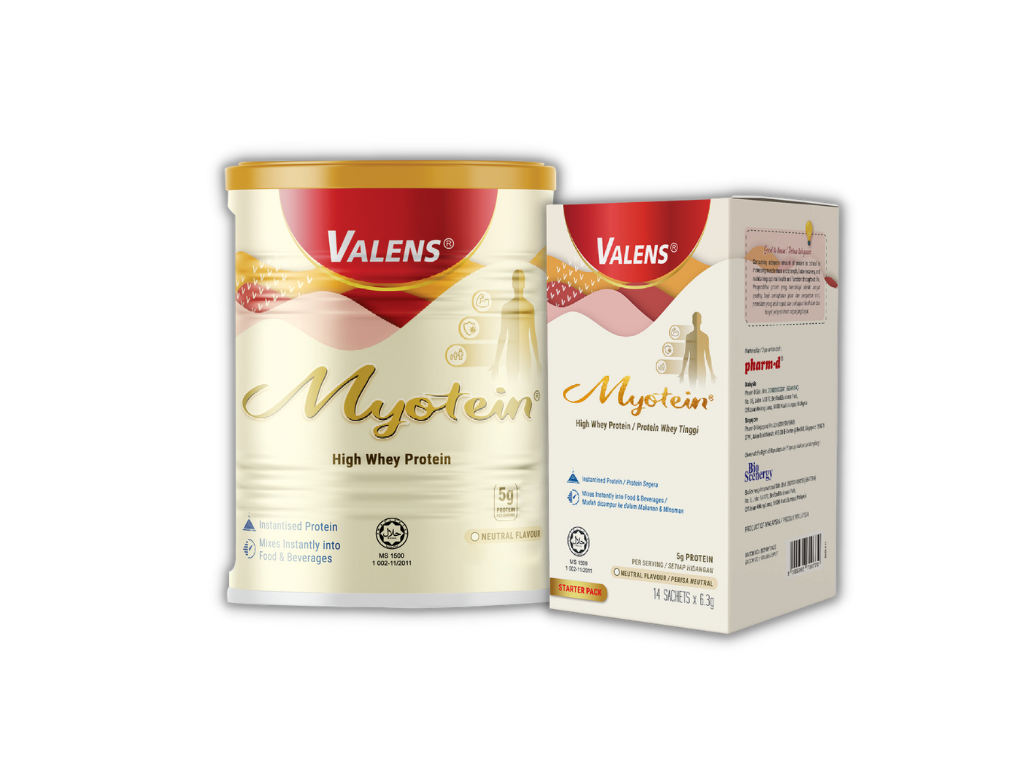When it comes to protein, many would usually relate it first with bodybuilding, fitness and workouts. This is very normal because this is how protein is usually being promoted and marketed due to its prominent role in building and maintaining muscle mass and strength.
While this is true, muscle building isn’t the only thing protein is good at for our body, but is required for many more vital functions, and one of them includes supporting our immune system.
Protein and immunity
For those who aren’t aware, protein is a very important Macronutrient: a key nutrient which our body needs in a large (hence, macro) quantity every day.
Commonly known as the “Building Blocks of Life” for healing and restoration in the world of dietetics, this essential nutrient does not only benefit our muscles, but more importantly, protein’s amino acids are constantly required to renew and repair our body cells and tissues, regulates various metabolic functions in our body, as well as supporting our immune system by creating white blood cells, antibodies and antioxidants.
Interestingly, our body does not store proteins over a long time, so unlike carbohydrates or fats (which the excess of these will be turned into sugar and excess body weight if not utilised), proteins are instead constantly utilised for our cells, tissues, and various bodily functions. This explains why we need to consume sufficient protein every day to sustain our body.
So, how much protein do we need?
The amount of protein intake varies depending on an individual’s age, weight, gender, health status and level of physical activities.
As a general guideline however, according to MRNI (Recommended Nutrient Intake of Malaysia), a healthy adult should ideally get 1 gram of protein for every kilogram of his or her body weight each day.
This means if you weigh 55 kg, you should be getting 55 grams of protein every day. And if your daily routine often involves strenuous physical activities, you may require more protein too.

Senior citizens, pregnant and breastfeeding mothers would also need a higher daily protein intake for better health maintenance. Certain patients on recovery or going through certain medical treatments would also require much higher intakes as they undergo higher oxidative stress.
Most Malaysians, however, may not realise they do not consume enough protein on a daily basis, especially when our diet consist of mainly carbohydrates. This is very common, because rice and noodles are main food staples in our country.
Quality of protein
We can get proteins from several food sources such as eggs, dairy, poultry, fish, seafood, beef and all types of meat are good animal proteins. Vegetarians and vegans can also acquire plant-based proteins from tofu, tempeh, avocado, mushroom, chickpeas, edamame beans, various lentils and so on.

However, protein sources are also categorised into two categories: complete and incomplete protein. Complete proteins are proteins that consist of all essential amino acids our body requires, whereas incomplete proteins do not consist of all amino acids, which thus require consuming various protein sources to acquire other amino acids.
Animal proteins like dairy, eggs and meat are complete proteins, while incomplete proteins are usually plant-based food such as vegetables, lentils, beans and grains.
Bioactive Whey Protein Supplement
This is where high quality protein supplements like Myotein High Whey Protein can come in handy to bridge the gap.
Myotein High Whey Protein is a product from Valens Nutrition, a range of medical nutrition products which has been widely used by healthcare professionals and institutions in Asia for over 15 years.

Imported from New Zealand, Myotein High Whey Protein is a bioactive whey protein concentrate freshly derived from cow’s milk. It is 100% pure fresh whey, free from flavouring, preservatives, added sugar or carbs. Whey protein is also a good source of complete protein, and suitable for vegetarians.
It is rich in natural bioactive properties(1), such as Immunoglobulins and Lactoferrin, which help to strengthen the immune system. These are some immune system powerhouses found in whey protein,
Immunoglobulins: supports the immune system
Lactoferrin: antiviral, antibacterial, antioxidant and antifungal
Lactoperoxidase: inhibits growth of bacteria
Proteose peptone: enhances antibody production
Beta-Lactoglobulin: regulates lymphatic response
Alpha-Lactalbumin: enhances antibody response
Designed to complement your daily diet, Myotein is also free from flavouring. This means it can be added into almost any kind of beverage of choice such as coffee, tea, cocoa, milk, smoothies, oats, cereals and so on without altering the taste.
Myotein is currently available at most pharmacies throughout Malaysia such as Caring, Alpro, Big, AA, Multicare and other chain and independent pharmacies. It is available in 300g tin and Mini Starter Pack of 14 Sachets.

This article is written by Melissa Lee, a practising dietitian of Malaysian Dietitian Association and supported by Valens Nutrition (www.valensnutrition.com).
Enjoy Parent’s Day free shipping* and discount* now when you buy Myotein® online when you check out using voucher code VALEMKPA8 at Shopee Mall (ends 30 June 2023)!
For more information about Myotein, kindly visit https://myotein.valensnutrition.com/
References:
1. Geoffrey al. JACN 2007 Vol 26, No.6. Emerging Health Properties of Whey Protein and their Clinical Implications.
This content is provided by Pharm-D Sdn Bhd.

